Professional Commercial Pest Control: Strategies for Ant, Cockroach, Bed Bug & Termite Management
Commercial pest control services are vital for maintaining safe, productive workspaces, addressing s…….
Introduction
Pests are relentless adversaries to businesses across various industries, from agriculture to retail. Commercial Pest Control Services (CPCS) represent a critical frontline in the fight against pests that can threaten food safety, structural integrity, and operational continuity. This comprehensive article delves into the multifaceted world of CPCS, exploring its significance, the technological advancements shaping it, the economic implications, and the regulatory frameworks guiding its practices. Readers will gain a profound understanding of how CPCS protects businesses, the environment, and public health, as well as the challenges and future prospects it faces.
Understanding Commercial Pest Control Services
Commercial Pest Control Services encompass a wide array of practices aimed at managing and eliminating pests from commercial environments. These services are essential for maintaining hygiene standards, protecting goods and infrastructure, and ensuring compliance with health and safety regulations. The core components of CPCS include inspection, identification, monitoring, control, and prevention strategies tailored to the specific needs of a business or industry.
Historically, pest control has been a cornerstone of agricultural practices and urban living since ancient civilizations. Today, it is a specialized field that employs a combination of traditional methods and cutting-edge technology to address an ever-evolving range of pests. From rodents to insects and invasive plant species, CPCS plays a vital role in safeguarding commercial interests worldwide.
Global Impact and Trends
The global impact of CPCS is profound, with its influence felt across agriculture, food production, construction, and manufacturing sectors. Key trends shaping the industry include:
Different regions are affected by unique pest challenges, such as termites in Southeast Asia or fruit flies in the Mediterranean. The global nature of trade and travel has also led to the spread of invasive species, necessitating a coordinated international response to pest management.
Economic Considerations
The economic aspects of CPCS are significant, influencing market dynamics and investment patterns. Effective pest control is not just about safeguarding physical assets but also about maintaining the reputation and profitability of businesses. A pest infestation can lead to substantial financial losses through product damage or loss of market share.
In economic terms, the CPCS industry is a vital component of the agricultural sector, contributing to food security and trade. It also plays a role in urban development and infrastructure maintenance, ensuring that buildings are safe and habitable. From an investment standpoint, the industry offers opportunities for growth through innovation and sustainable practices.
Technological Advancements
The integration of technology into CPCS has transformed traditional methods into sophisticated systems capable of detecting and managing pests with greater precision. Some of the notable technological advancements include:
The future potential of these technologies lies in their ability to create more targeted, less disruptive pest control solutions with minimal environmental impact.
Policy and Regulation
Global, national, and local policies and regulations govern CPCS to ensure public health and safety, as well as environmental protection. These frameworks dictate the types of chemicals and methods that can be used, setting standards for application and disposal. Key legislative bodies include:
These policies are critical in balancing the need for effective pest control with the imperative to protect human health, wildlife, and the environment.
Challenges and Criticisms
CPCS faces several challenges and criticisms, including environmental concerns over the use of chemicals, the development of resistant pest species, and the ethical implications of certain control methods. To overcome these issues, stakeholders must:
By addressing these challenges head-on, the industry can enhance its reputation and ensure its long-term viability and success.
Case Studies
Several case studies highlight the successful application of CPCS in various sectors. For instance, an agricultural company implemented an IPM strategy that reduced chemical use by 60% while maintaining crop yields. Another case involved a food processing plant that adopted advanced monitoring systems to prevent infestations, thus avoiding costly product recalls and maintaining its market standing. These successes underscore the effectiveness of CPCS when tailored to specific needs.
Future Outlook
The future outlook for CPCS is one of continued growth and innovation. With the increasing global population and the expanding trade of agricultural products, the demand for effective pest control solutions will only rise. The integration of technology and sustainable practices will be key to meeting this demand while protecting the environment and public health. As new challenges emerge, the industry will adapt and evolve, ensuring its relevance and importance in the years to come.
Conclusion
In conclusion, Commercial Pest Control Services play a critical role in maintaining global food security, protecting commercial assets, and preserving public health. The interplay of traditional methods with innovative technologies and sustainable practices will shape the future of the industry. As the global landscape continues to change, CPCS will remain an indispensable tool for managing the complex dynamics between humans and pests.
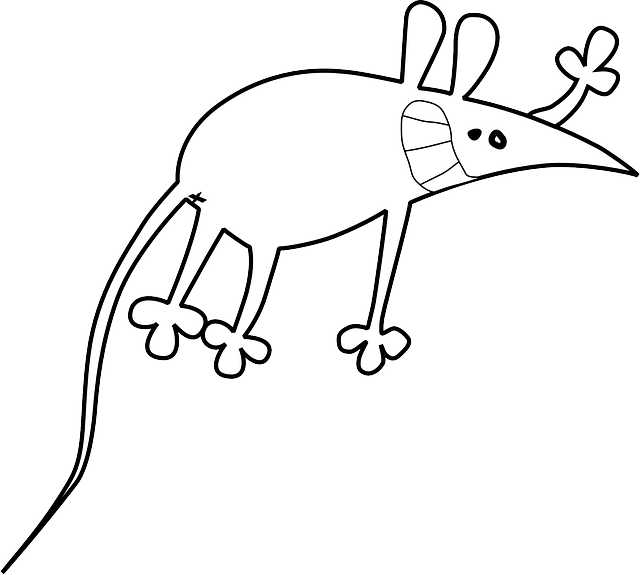
Commercial pest control services are vital for maintaining safe, productive workspaces, addressing s…….

Commercial pest control services are vital for protecting the structural integrity of business envir…….
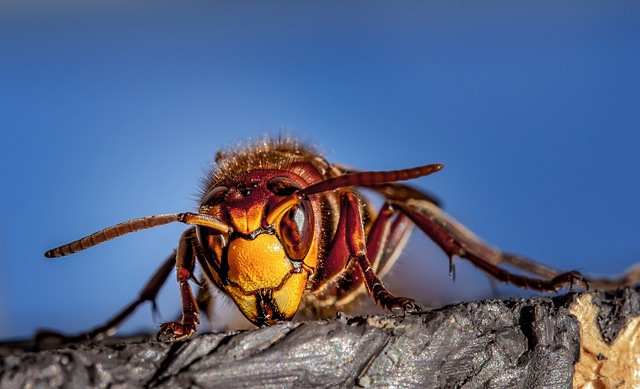
Commercial wildlife removal requires specialized strategies to tackle diverse pests like termites, r…….

Commercial pest control services are vital for maintaining large, complex business environments free…….

Commercial pest infestations require specialized management, with tailored solutions from profession…….
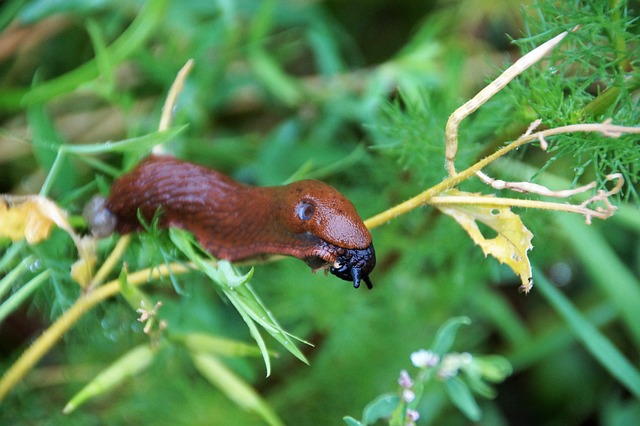
Commercial pest control services are vital for maintaining healthy, safe, and productive workspaces……..
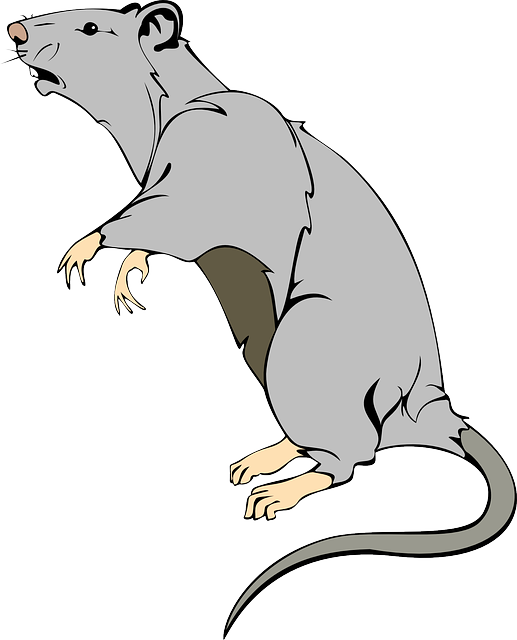
Commercial spaces face seasonal pest challenges, with termites and rodents exhibiting behavior tied…….
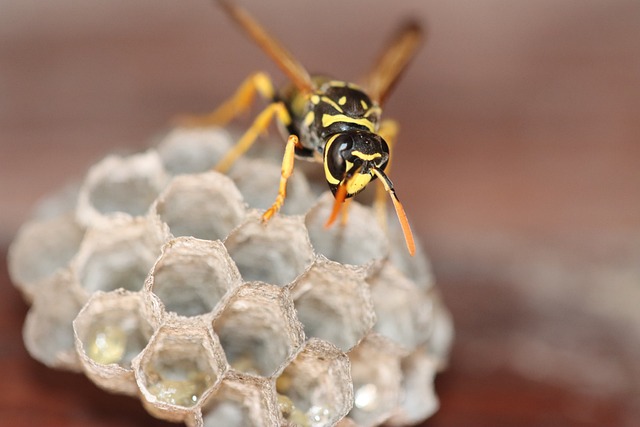
Urgent pest issues in commercial settings can severely impact business operations and damage reputat…….
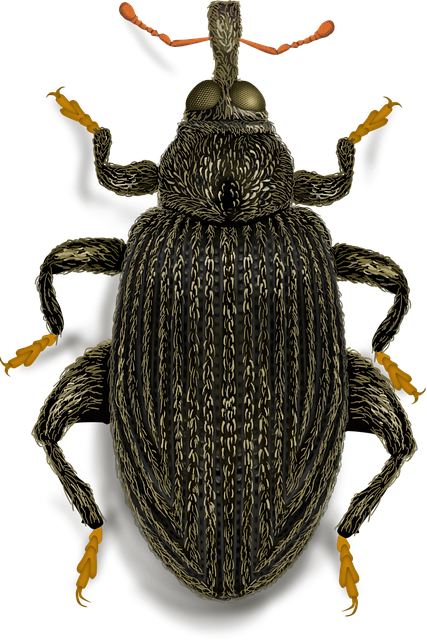
Commercial pest control services are essential for maintaining safe, healthy, and productive workspa…….